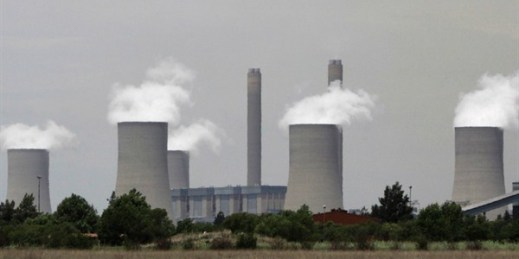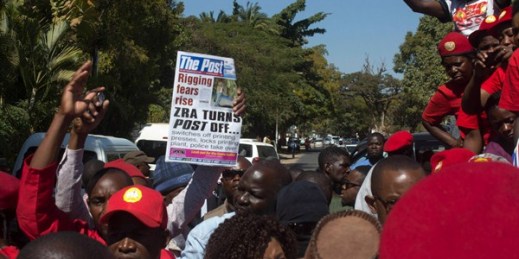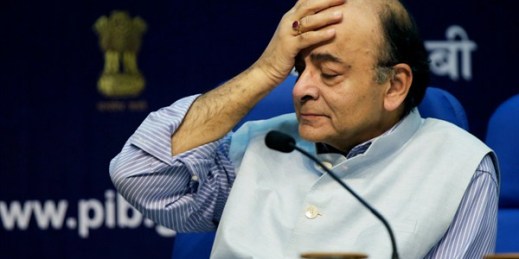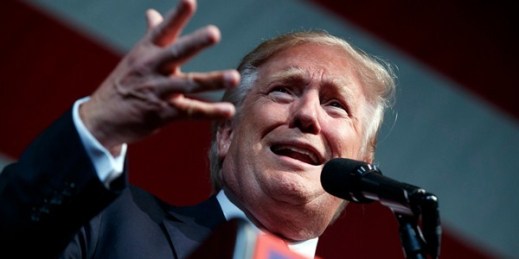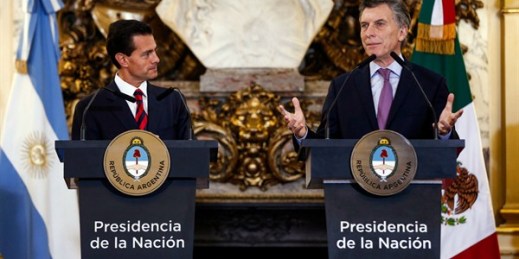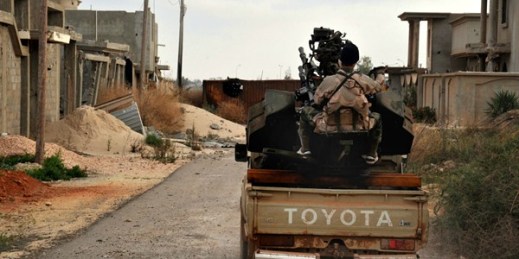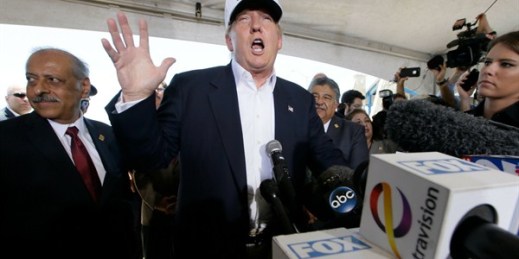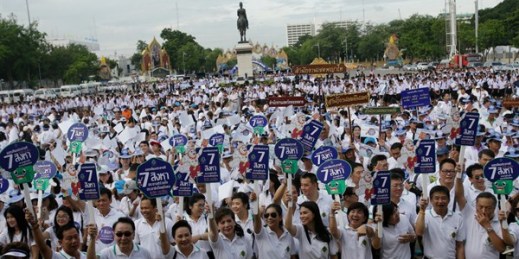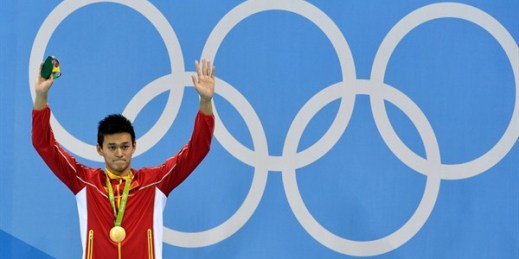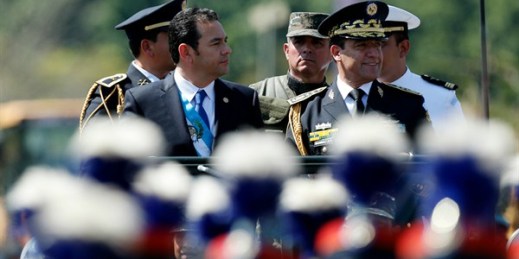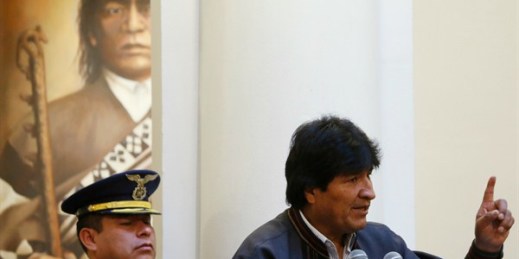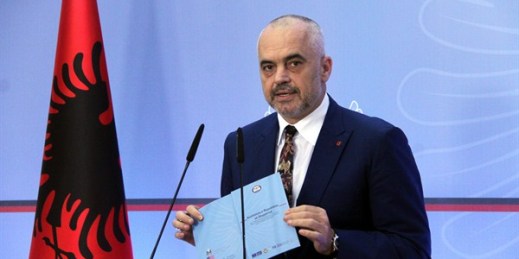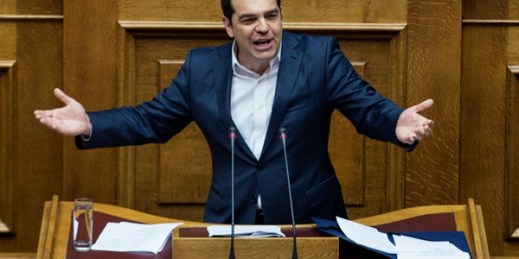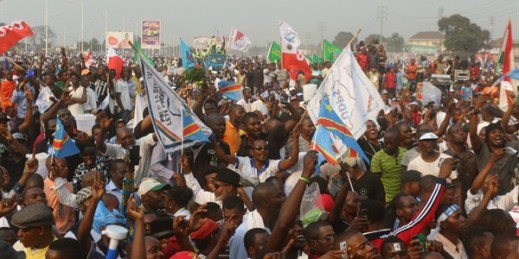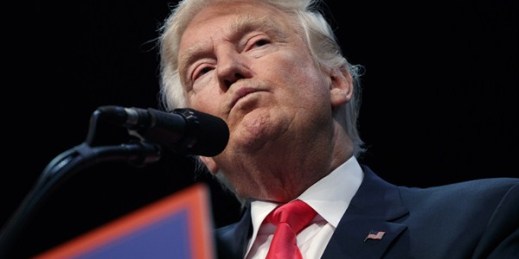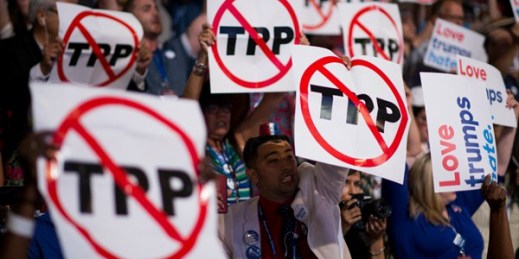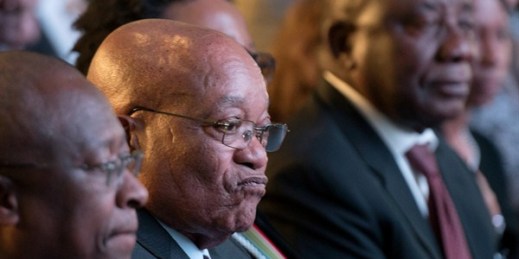
South Africa’s local government elections on Aug. 3 delivered the strongest rebuke to the ruling African National Congress (ANC) in its 22 years in power, raising important questions about its longevity as a dominant party. The ANC’s ability to routinely secure more than 60 percent of the vote in elections since 1994 had given it an aura of invincibility that overawed its opponents. Although the opposition was able to establish some provincial and local enclaves around the country, it could not pose a credible threat to the ANC’s national dominance. Last week’s municipal elections punctured that aura. For the first […]

